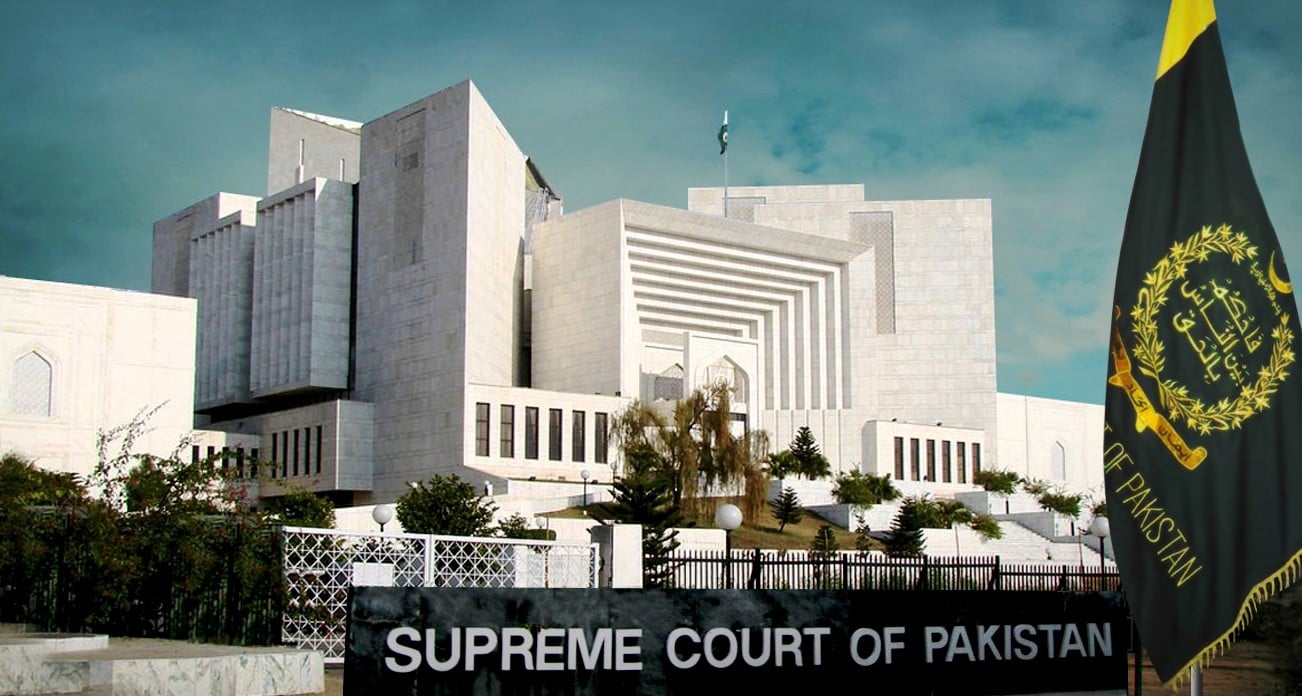Rizwan Mudsassir
In an attempt to hastily pass the Constitution Amendment Bill, the government faced resistance from some members of the ruling coalition after their plan to rush the bill through parliament at midnight was thwarted. The proposed bill included provisions for military trials of civilians, exempting officials acting under ‘national security laws’ from judicial review, replacing the Supreme Court with a government-appointed Constitutional Court, and allowing high court judges to be transferred without their consent. Despite acknowledging mistakes in the process and the need for adjustments, proponents, particularly Bilawal Bhutto Zardari, have intensified efforts to justify the necessity of a new Constitutional Court.
Setting aside concerns about the bill’s timing and intent, let’s consider the scenario where the bill is publicly disclosed for feedback and thorough parliamentary debate. Even with the rectification of its problematic provisions, the fundamental idea of establishing a new Constitutional Court should be scrutinized. While it was a demand in the Charter of Democracy, revered as a significant document in Pakistani politics, the concept of dedicated constitutional courts warrants critical examination.
The origins of dedicated constitutional courts can be traced to civil-law countries, which operate separate court systems for different case types, while common-law countries have unified court systems. In common-law systems, judges have the power to interpret and declare law, including constitutional matters. Conversely, civil-law judges historically had limited authority to declare laws unconstitutional until the rise of dedicated constitutional courts, which safeguard citizens’ constitutional liberties against state power. However, transplanting this concept into Pakistan’s common-law system may prove impractical and counterproductive.
Advocates for a new Constitutional Court argue that it would allow the Supreme Court to focus on reducing the backlog of ordinary cases and address concerns about the court’s past record in constitutional cases. However, the proposed bill’s potential to alleviate judicial delays is questionable, given the staggering number of pending cases in the lower courts and high courts. Politicians’ claims that the Supreme Court’s involvement in political cases hampers its ability to handle ordinary cases could be addressed by refraining from filing such cases, rather than creating a separate court.
Furthermore, defining the scope of ‘constitutional cases’ to be heard by the new court presents significant challenges. The leaked bill proposed a broad definition, potentially burdening the new court with the existing caseload of the Supreme Court. Narrowing the definition to cases explicitly challenging the constitutionality of laws may not align with the government’s objectives, as many politically significant cases do not involve such challenges.
Establishing a new court does not address the underlying issues within the judiciary, such as the need for competent, impartial judges and a transparent appointment process. Moreover, the potential for increased politicization of judicial appointments in the new court raises concerns about its effectiveness in mitigating the problems attributed to the Supreme Court.
In conclusion, the rushed attempt to pass the Constitution Amendment Bill and establish a new Constitutional Court raises alarming questions about the government’s motivations and the potential consequences for Pakistan’s judicial system. This move has the hallmarks of abusive constitutionalism, which seeks to undermine the judiciary’s independence. It is not just important, but urgent for all judges to uphold a “democratic self-defense of courts” in the face of such constitutional aggression. The time to act is now.

















